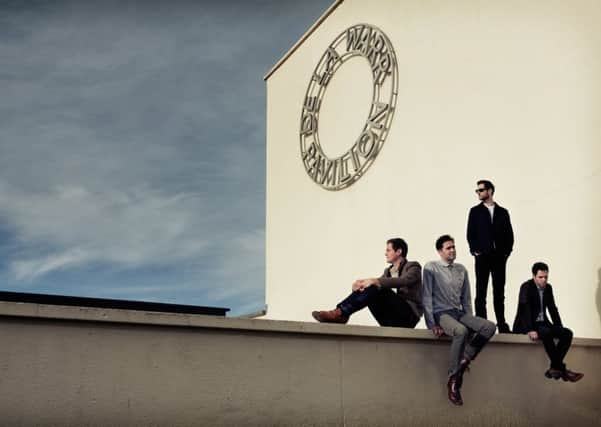Music review: Keane, Usher Hall, Edinburgh


Keane, Usher Hall, Edinburgh ***
Casting a look over his shoulder at pianist, songwriter and old friend Tim Rice-Oxley, he laid out his bandmate’s marriage breakdown and 2015 arrest for drink driving as a backdrop to the pair’s reunion, and ultimately that of their band. At the time, Rice-Oxley played Chaplain some songs, and the latter “knew we had to get together and make a Keane record… I could feel his pain and sadness.” The following diptych of the pensive and emotionally drained Strange Room and the pained, emotionally regretful Stupid Things resonated loudly; a vivid evocation of the emotional hollowing-out of divorce.
From the cheerful pop of Love Too Much to the anthemic surety of The Way I Feel and the hymnal I Need Your Love, the new tracks played here from the comeback album Cause and Effect were doused in this sense of hurt and regret, and they brought to the show the rich sense of experience and earned honesty which Keane’s earlier work was not renowned for.
Advertisement
Hide AdAdvertisement
Hide AdChaplin now resembles less a baby-faced David Cameron and more a pop-friendly version of the Libertines’ Pete Doherty in clean white trainers, skinny jeans and dyed-blond hair, and the band’s neon-lit, synth-aided show appears to have cannily taken into account the rise of groups like the 1975. Old hits like Bedshaped and the signature Somewhere Only We Know were greeted with uproar, yet it’s to the group’s credit that these felt like nostalgic detours alongside the emotional resonance of their new work.
DAVID POLLOCK